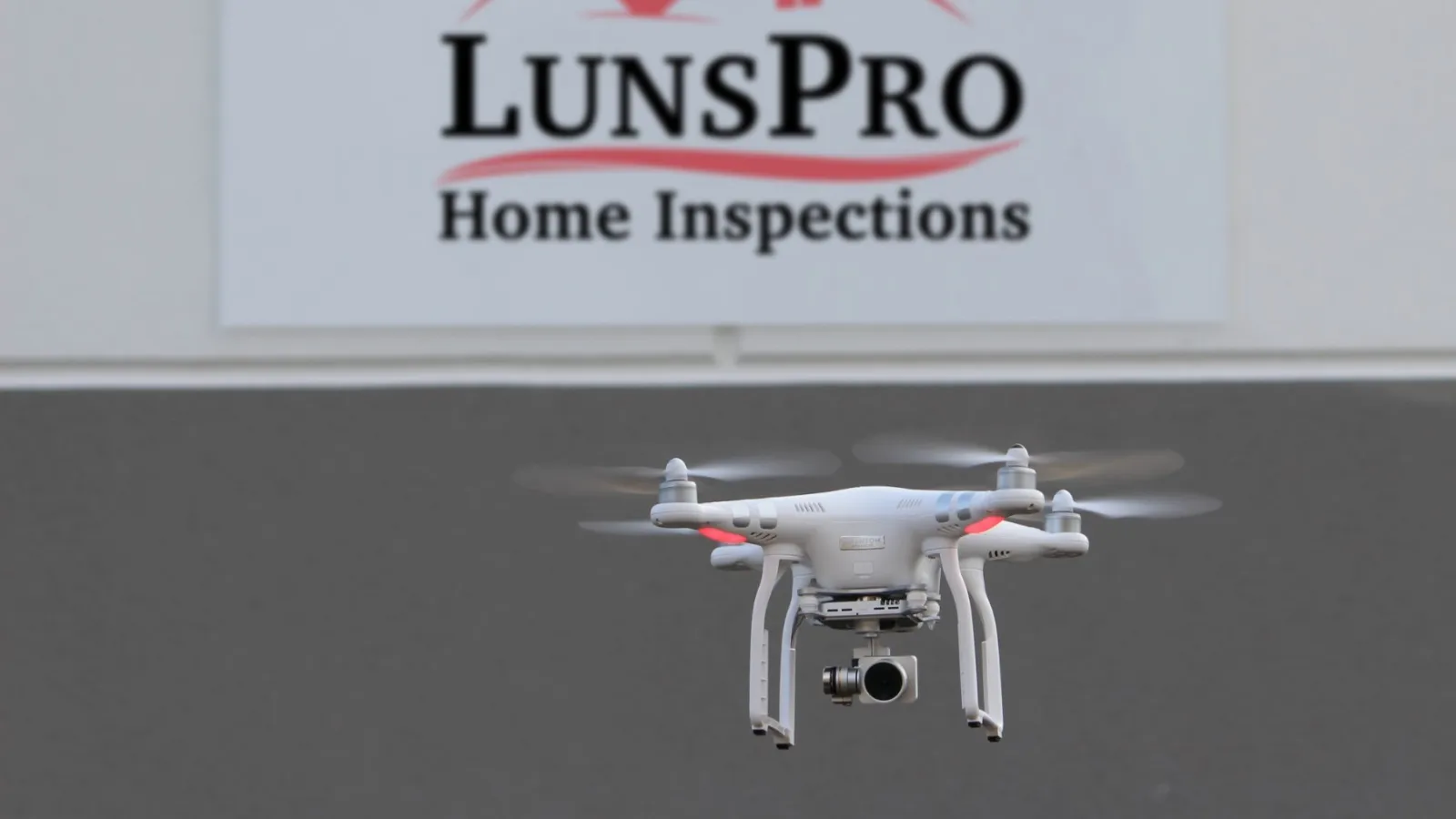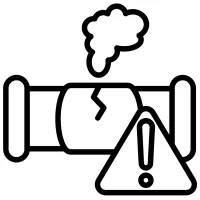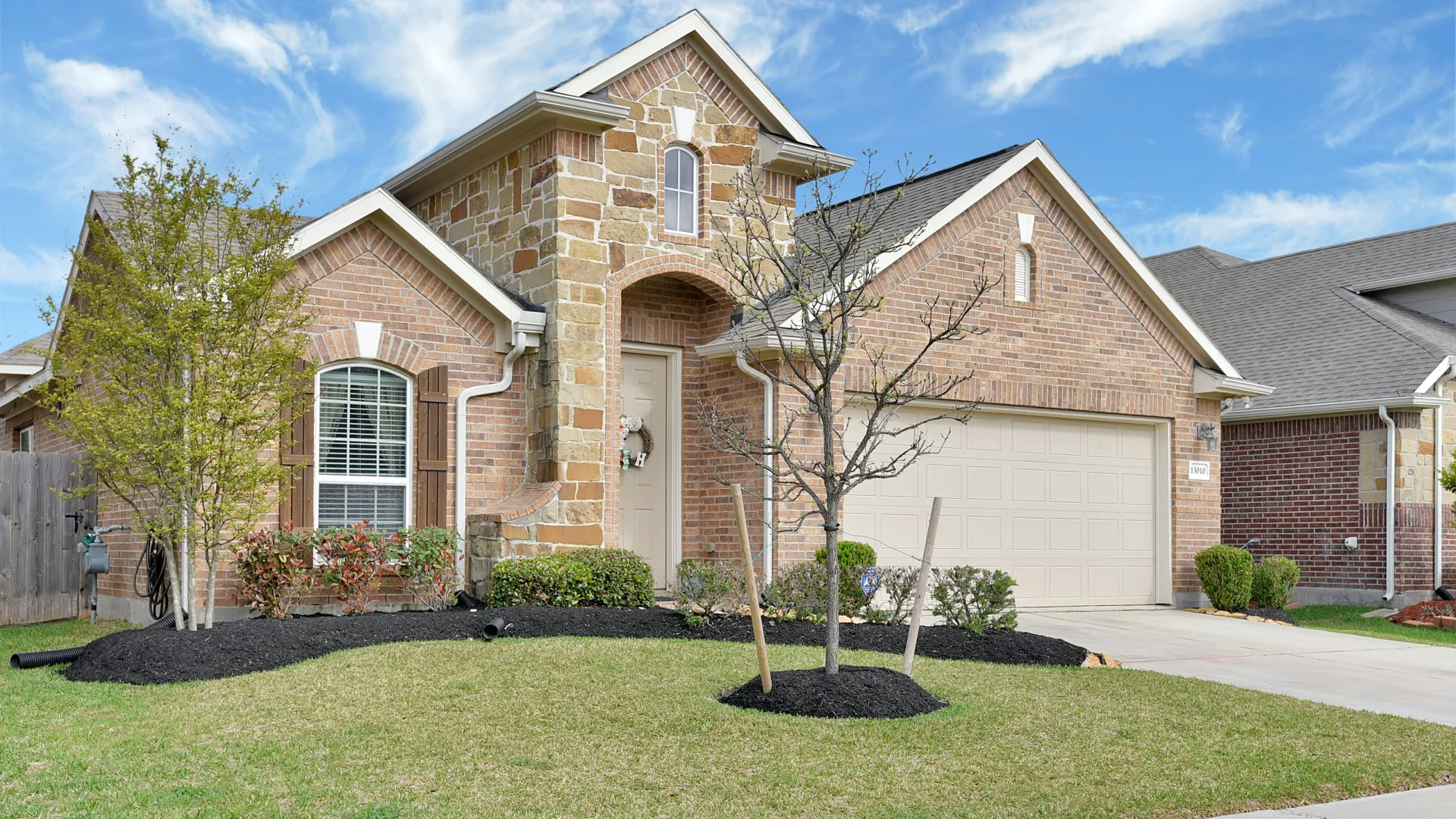
New Construction Inspections
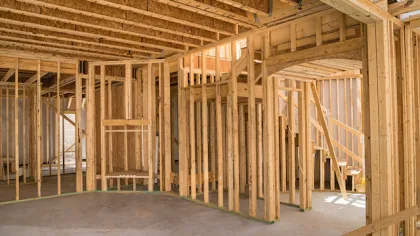
Pre-Drywall

Final
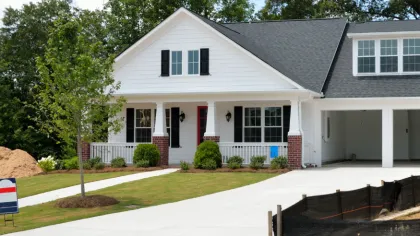
1-Year Builder Warranty
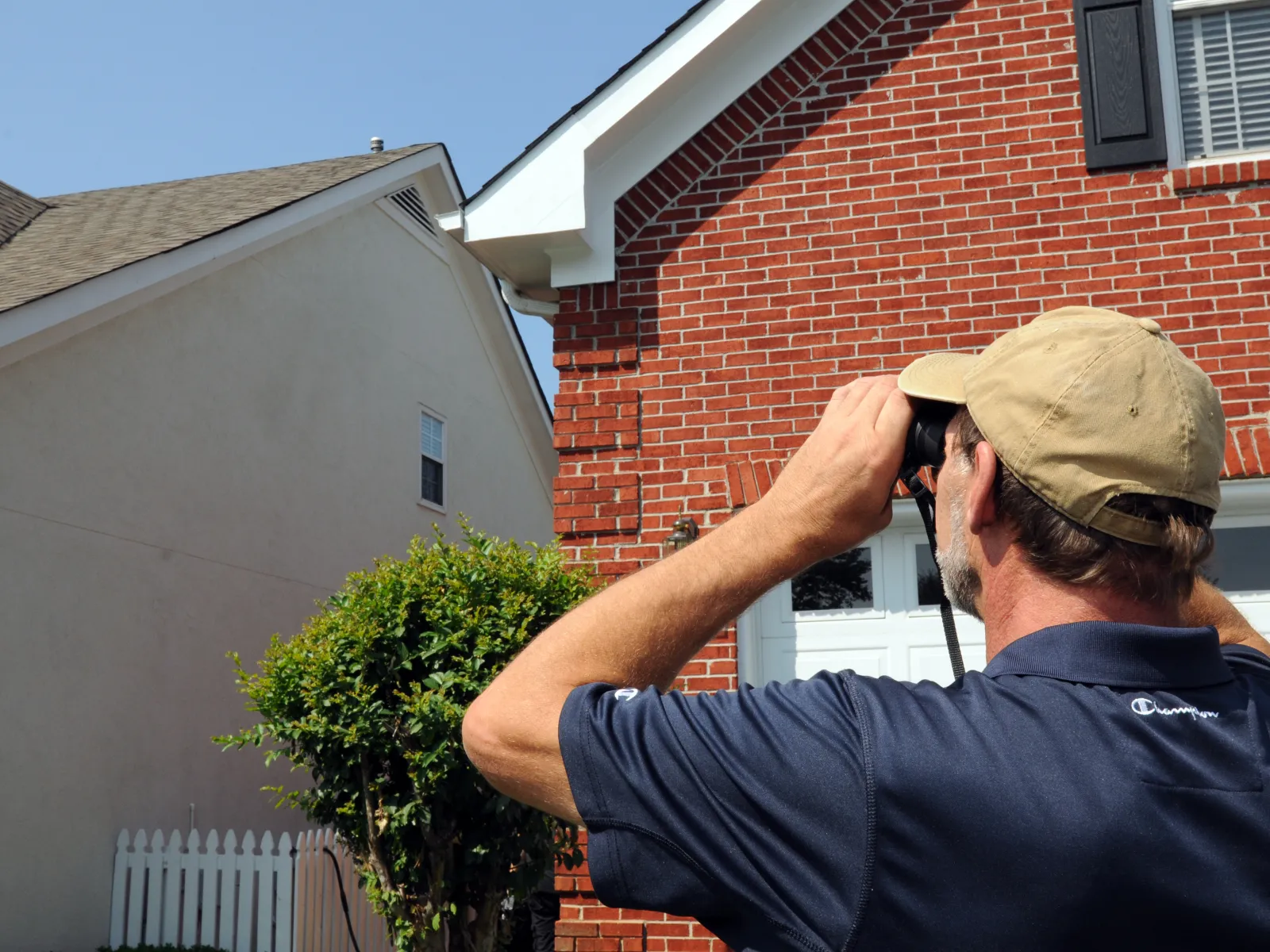
Bundle Packages Available
The best way to guarantee your new construction home is built to the highest level and holds your builder accountable for any defects is to have inspections done throughout the entire process. A pre-drywall inspection, final construction inspection, and 1-year builder warranty inspection ensures you have expert, unbiased eyes evaluating your home at every phase.
Each phase can be done independently, however, we encourage all 3 phases be conducted for your new home. You will receive a significant discount when combining two or three phases and booking at the beginning.
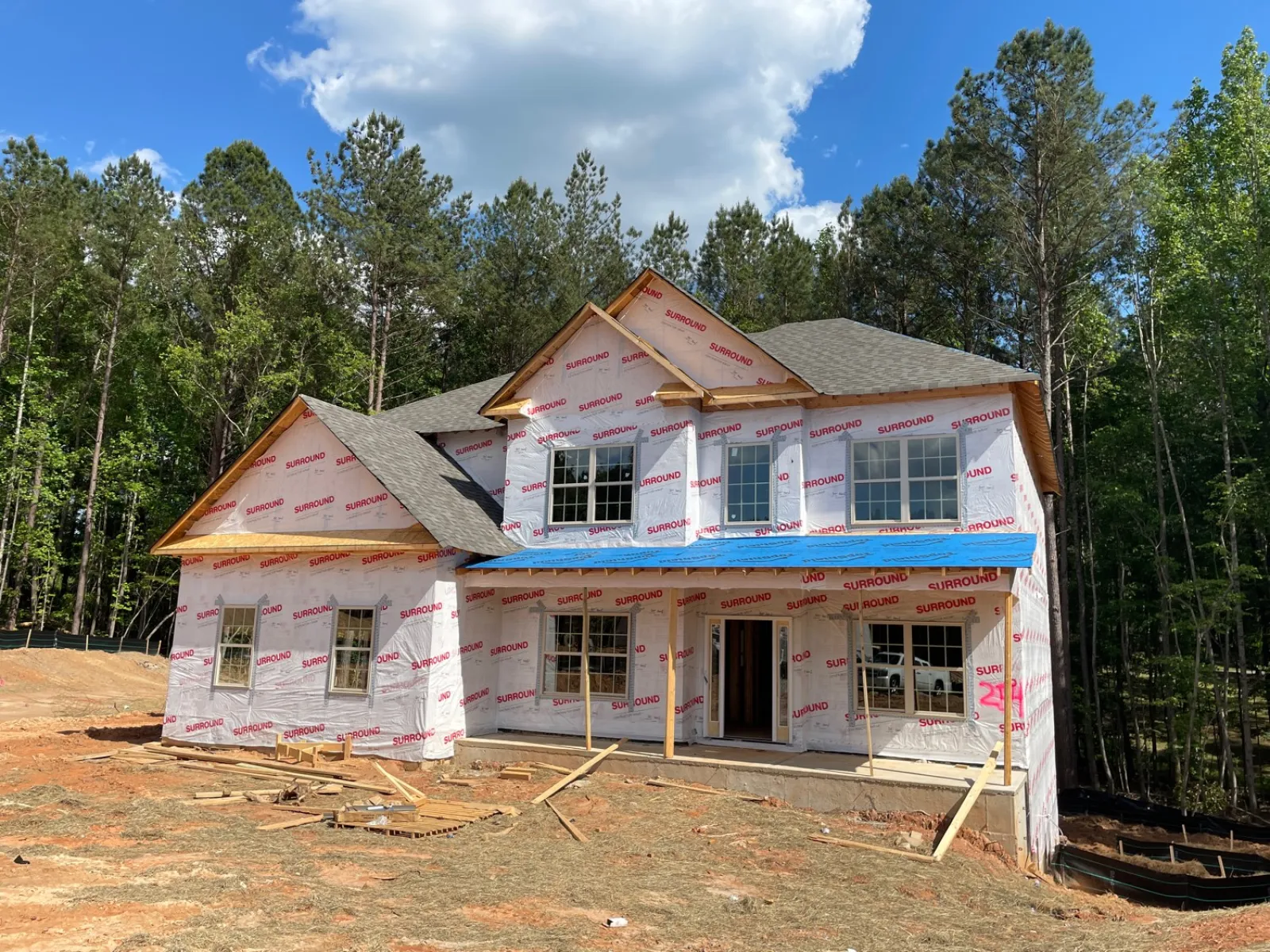
Pre-Drywall Inspection
As the name indicates, a pre-drywall inspection is done prior to the drywall being hung. It is conducted after the installation of the foundation, flooring, doors, windows, wall framing, roof, plumbing, and electrical.
This inspection is essential because once drywall goes up, defects or other issues may not be able to be detected. Our inspectors help with code compliance and look for proper installation. While your home has a project manager overseeing the build, they may miss something or choose not to have an issue addressed if they deem it minor. Our inspections will call out observed concerns that should be addressed by the builder prior to the drywall going up.
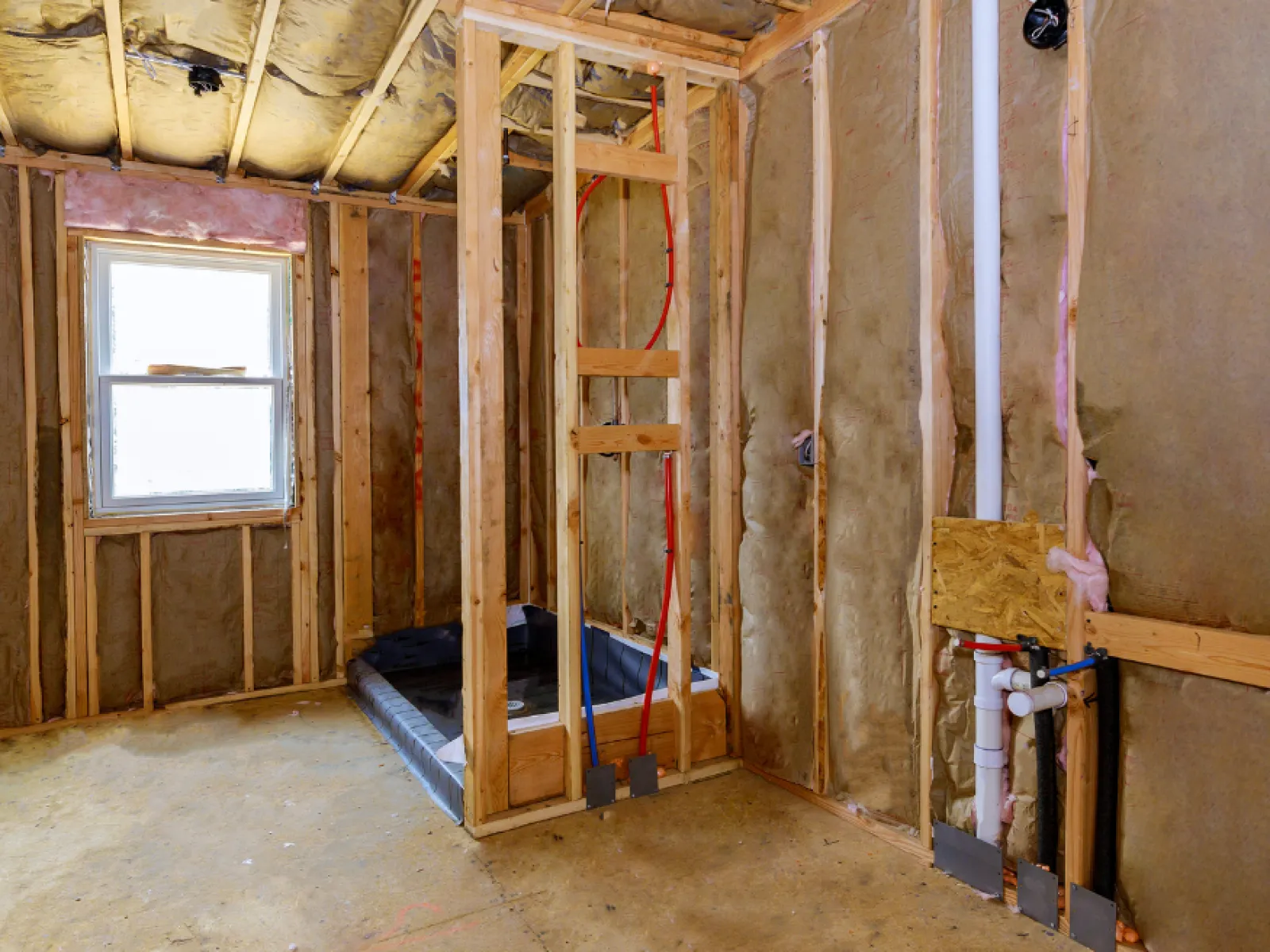
During a pre-drywall inspection a number of concerns or defects may be observed by our inspectors. The question comes up, what are some of the common finds? This list is not all-inclusive but gives a sampling of what can be found prior to drywall going up that may not be observable at the final inspection.
Electrical:
Behind your drywall is an intricate system of wires. Cables may not be connected properly, or even at all. The grounding rode may not be connected to the ground wire. Finding and addressing electrical issues now saves time when drywall is not interfering. This also helps protect from potential fires from electrical issues.
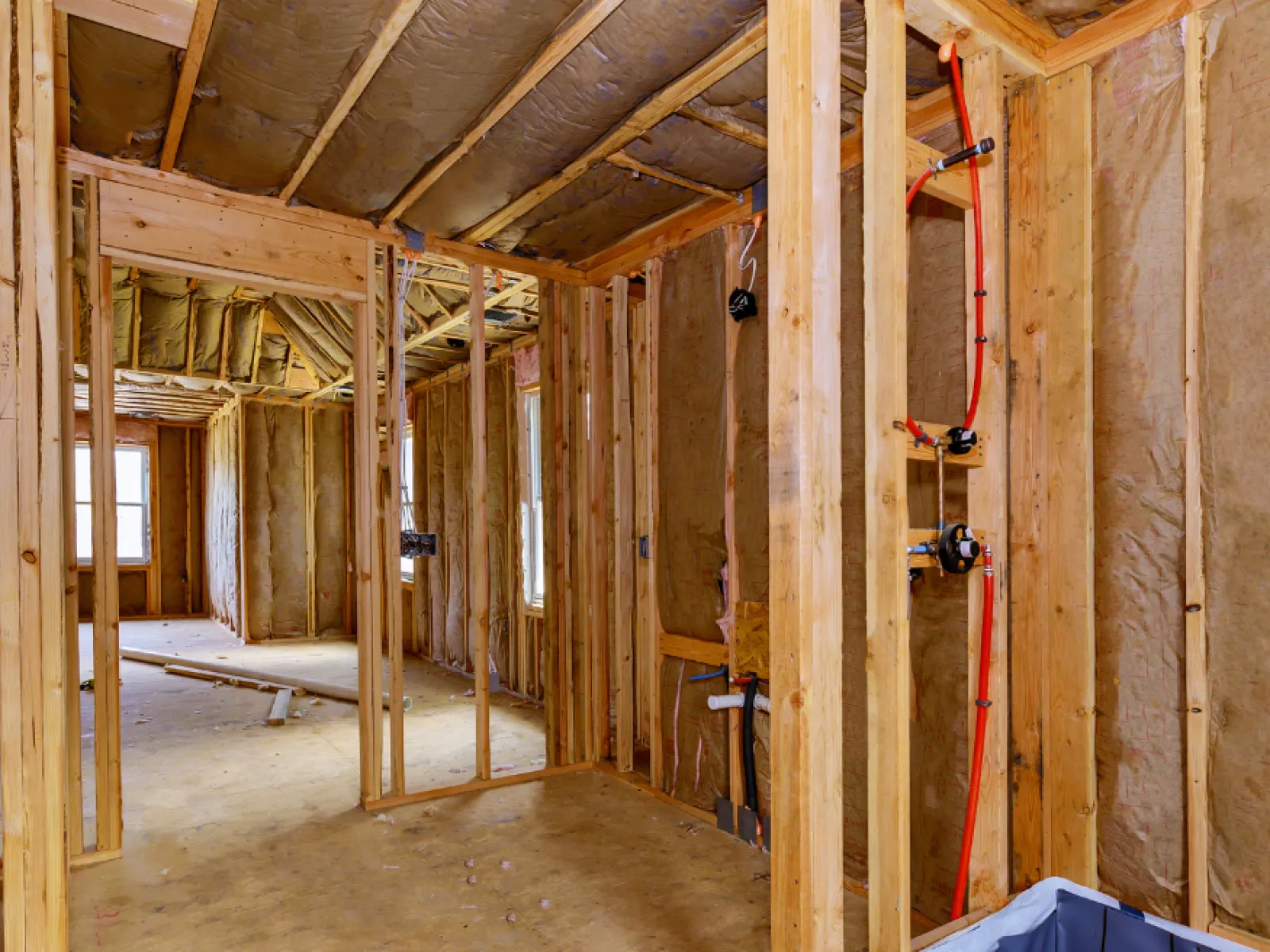
Plumbing:
Plumbing issues, like incorrect connections or damage during installation, may go unnoticed behind drywall, posing challenges for later repairs. Proper assessment and correction are crucial to prevent leaks and extensive damage.
Walls/Framing:
Inspecting walls before drywall installation is vital. It allows our inspectors to ensure proper sealing and straightness, preventing water damage and inefficient insulation that can lead to higher energy costs. Detecting framing issues, such as splintering or improper installation, before drywall installation is essential for long-term structural integrity, avoiding hidden defects that may only surface when more significant problems arise.
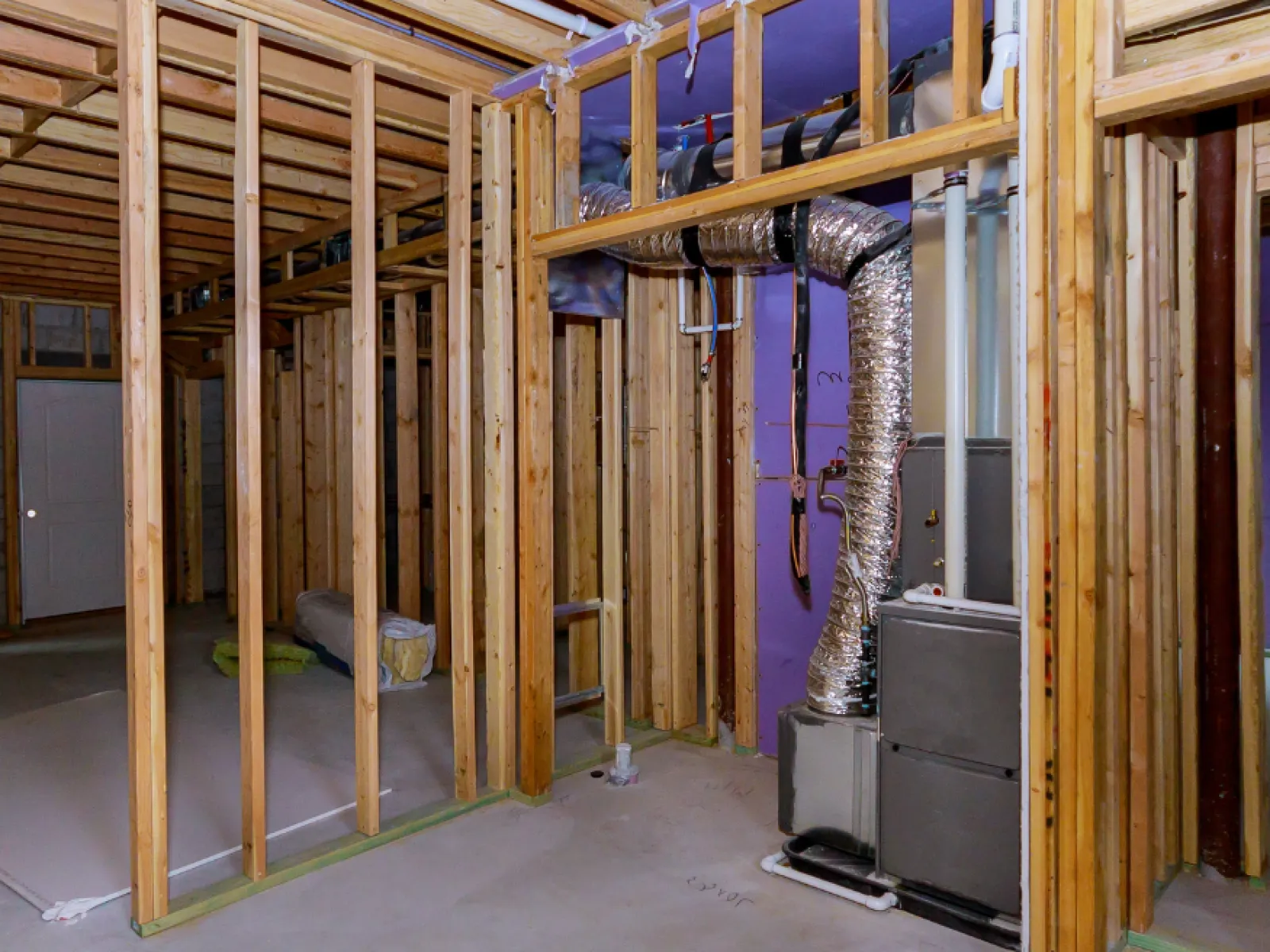
Foundation:
Addressing foundation concerns early is crucial, whether visible at the final inspection or not. Major cracks, an uneven foundation, exposed land, and improper grading can compromise structural integrity. Promptly communicating such issues with the builder is a best practice.
HVAC:
Heating, ventilation, and air conditioning (HVAC) are significant home expenses. Improper installation or damage to these systems can lead to long-term issues and considerable expenses. Pre-drywall inspection focuses on concerns like proper venting for furnaces, complete duct installation and sealing, and appropriate spacing for units.
This isn't an exhaustive list but provides a glimpse of our pre-drywall inspection at LunsPro. Our thorough inspection ensures everything aligns with code and craftsmanship standards, offering you peace of mind. Identifying defects early allows timely communication with the builder, potentially saving you time and money in the future.
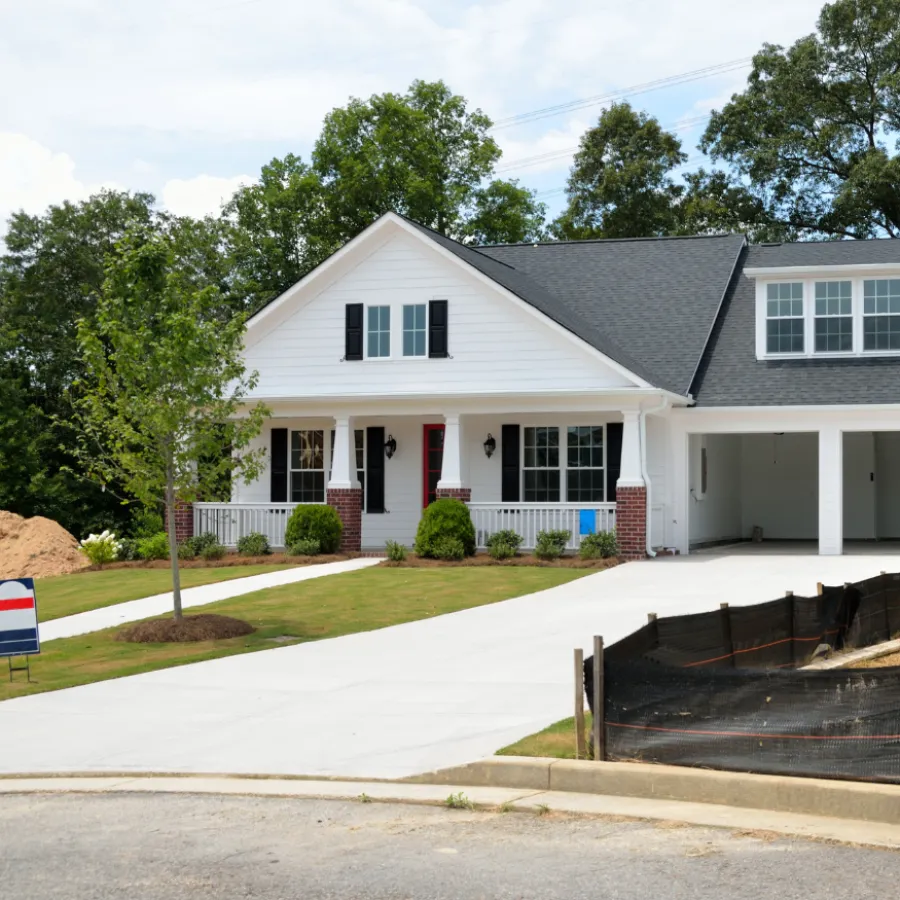
New Construction Final Inspection
A Final Inspection on new construction is conducted when the home is 100% built. It is done prior to the walkthrough with your builder and before closing. The inspection will help determine what issues or defects can be added to the builder's final punch list of repairs to be addressed before closing. Our inspectors are looking at the 3 S's of structure, safety, and systems. The inspection covers the roof, exterior, interior, foundation, decks and porches, HVAC, plumbing, fixtures, electrical, attic and much more.
New construction does not always mean flawless. This is your last opportunity to address concerns prior to closing and moving into your new home. Our inspectors help get one extra set of eyes on your home to do a thorough evaluation.
View our sample report of a Final inspection on new construction below.
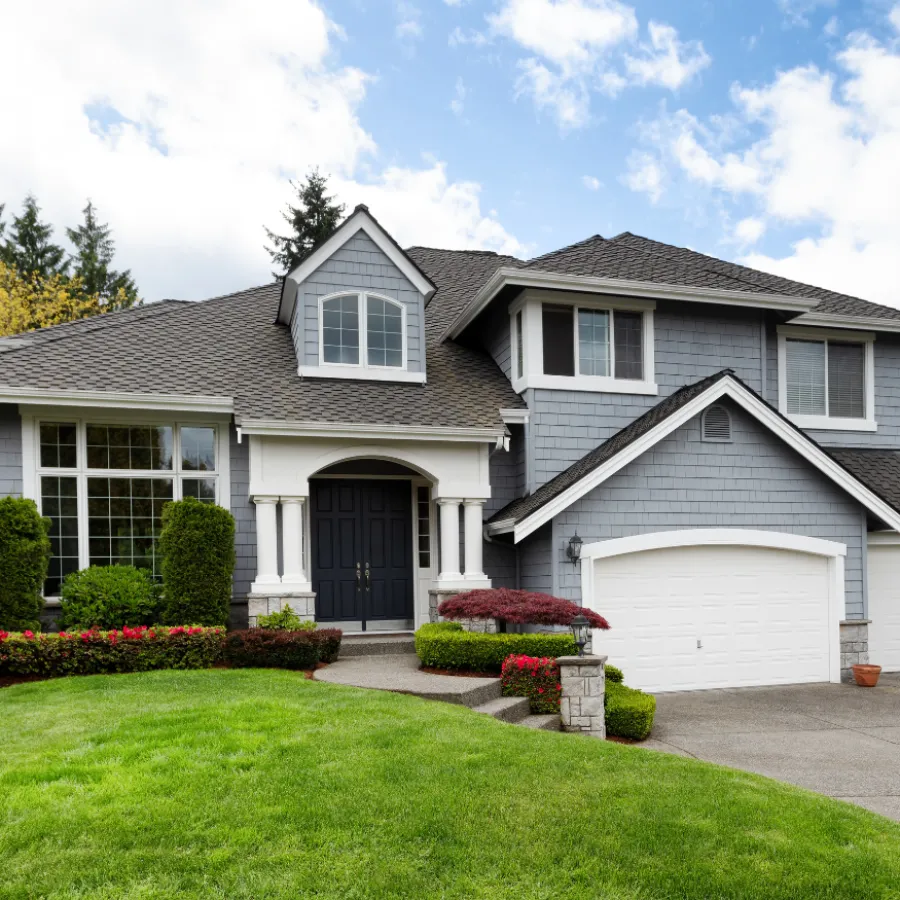
1-Year Builder Warranty Inspection
With the completion of your new home, a builder will often offer a one-year builder's warranty. While one year is the standard, some may vary in length. It is important to know how long your warranty period is to ensure you have an inspection done prior to the warranty expiring.
A builder's warranty is intended to cover defects from the manufacturing or material defects as well as the workmanship of the construction. A sample of what is included is carpentry, concrete foundations and floors, doors, windows, electrical, HVAC systems, insulation, plumbing, roofing, and more. It is not intended to cover damages that occur through natural use of the house.
Why Choose LunsPro?
See how our standard inspection services stack up to the competition
LunsPro Home Inspections
Our Competitors
Services Offered
LunsPro Home Inspections
Our Competitors
Drones used on all inspections
Most home inspectors are not FAA licensed
Infrared used on all inspections
Typically additional costs associated
Termite, Radon, Mold, Sewer & More
Most inspectors are unable to provide this
Same day, next day and weekend availability
Most inspectors are unable to provide this
Frequently Asked Questions
Q What is a new home construction inspection?
It's a thorough evaluation of a newly constructed home, focusing on major defects, safety issues, and concerns related to systems or structural integrity before you move in.
Q Why should I get a new home construction inspection?
To ensure that your new home is built to code and free of any major issues that could affect your safety or investment.
Q What does a new home construction inspection include?
The inspection covers all major systems and components of the home, including electrical, plumbing, HVAC, roofing, foundation, and more.
Q When should I schedule a new home construction inspection?
It's recommended to have inspections at three key phases: pre-drywall, final construction, and 1-year builder warranty.
Q Can I attend the inspection?
Yes! LunsPro encourages you and your realtor to be present during the inspection if possible.
Q How long does the inspection take?
The duration depends on the size and complexity of the home but typically takes a few hours.
Q What if I can’t attend the inspection?
No worries! Your detailed inspection report will contain dozens of photos and specific descriptions—it will seem like you were there.
Q When will I receive my inspection report?
You will receive your detailed report the same day as the inspection.
Q Are LunsPro inspectors certified?
Yes, LunsPro inspectors are professionally trained and certified to conduct thorough inspections of your new home!
Q How much does a new construction inspection cost?
The cost of a new construction inspection varies based on the phase of the inspection (Pre-drywall, Final inspection, and Builder Warranty inspection), size of the property and a few other factors. Contact LunsPro Inspection Group's office via call or text at 704.981.2922, email to carolina@lunspro.com, or schedule online here.

